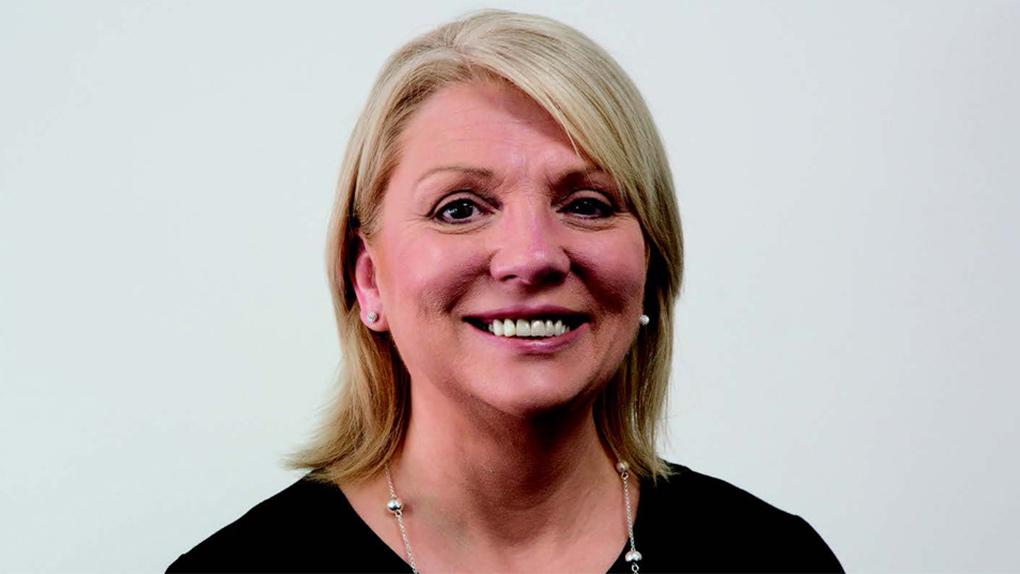
Barbara McDonough: It's time we moved the discussion
Novus Chief Operating Officer, Barbara McDonough, discusses how we should approach delivery of the arts in prisons.
By Barbara Mcdonough, Novus Chief Operating Officer
In October, my colleagues within Novus and our partners at Tate Liverpool launched a showcase of Novus learner artwork. The showcase was titled ‘Beyond Walls: Art by offenders’ and was our third year working with the gallery to produce a showcase for the Tate Exchange.
The work within the display was once again an extraordinary example of the talent and creativity that resides within our prison system. As fabulous as the artwork was, it was overshadowed by the stories of life-altering experiences from the ex-offenders who attended the launch event.
The showcase has confirmed for me that it’s time that we moved the discussion about the creative arts within prisons forward. Those of us who work within prison education can provide near endless examples and anecdotal evidence of the life-changing benefits of a consistent and innovative approach to the arts within establishments.
In the last 18 months we saw the publication of Dr Rosie Meek’s report into sport and physical education within prisons. The publication of this study gave weight to something that we all knew; sport in prisons supports education, rehabilitation and good behaviour within the establishment.
In the absence of such a report directly related to the creative arts, we rely on a self-collated evidence approach to our delivery of these programmes in prisons. We don’t have an independent government report to lend weight to our assertions that the creative arts can make a significant difference to the rehabilitation of offenders. However, when approaching governors with innovative new ideas we do have an ever mounting body of examples that can be leveraged as our justification.
We need to become more methodical in our approach. The key is consistency. Consistency in our delivery of arts programmes within establishments and consistency in demonstrating the outcomes that we produce.
The responsibility is now on us as education providers, partners and stakeholders within prisons to feedback and illustrate the positive change that is being facilitated by our programmes. If we want to continue to create opportunities for learners through the creative arts, we need to proactively share the life-changing results that they are creating.
Working collaboratively can only be of benefit for all stakeholders involved. When one project succeeds, we all succeed. Each accomplishment is more evidence to exploit when making proposals to governors.
Following the launch of our showcase at Tate Liverpool, we brought a number of stakeholders together to discuss this very subject. The round table format drove home to us all that in many cases we are facing the same challenges and have the same goals in mind.
If we fail to put a coherent case forward for the arts within prisons, it’s our smaller partners that provide fantastic creative arts programmes within establishments across the country, who will find it harder to maintain delivery of their programmes.
The successes of the last three years of showcases that Novus have developed in partnership with Tate Liverpool, and the growth and expansion of the Koestler Art Awards, show that there is an enthusiasm and energy out there for the arts within prison education. There is clearly support from within the prison education sector as well as from the wider public. It is now up to us as stakeholders to capitalise on that enthusiasm.
